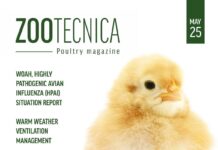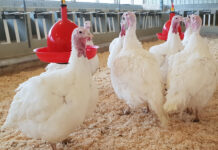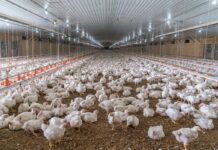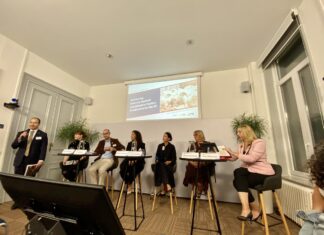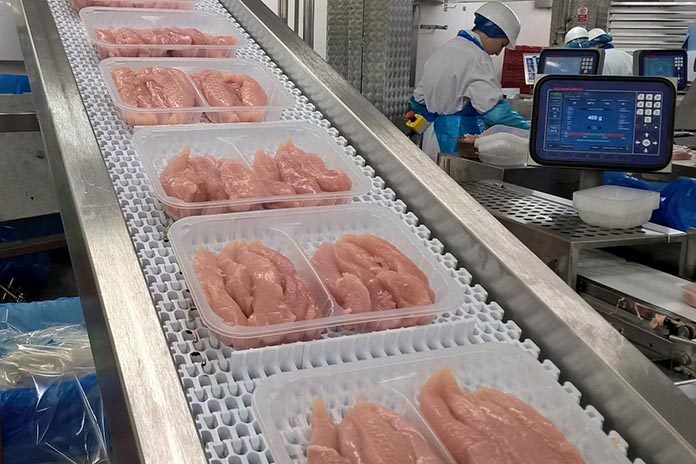
The EU poultry sector held its Annual on 4th of October 2019 in the beautiful city of Budapest. The theme of this year’s General Assembly was ‘Food for the Future’.
The event, organized by Baromfi Termék Tanács – the Hungarian member of AVEC, gathered more than 200 participants – all active stakeholders in the poultry value chain. The assembly received a warm welcome from Dr. Istvan Nagy, Minister of Agriculture, Hungary which clearly showed that he is fully aware of the importance, and the challenges, of the European Poultry Meat Sector.
The president of AVEC Paul Lopez focused of the challenges the European Poultry Meat Sector faces regarding international trade.
Firstly, a whopping quota of 180,000 tonnes of additional poultry was granted to the Mercosur countries in a historic deal which was closed on 29 June 2019. The EU poultry sector has clearly been sacrificed in these negotiations, as this was double the amount offered at the end of 2017 and agreed by EU Member States.
Secondly, Ukrainian companies have used a loophole to circumvent the quotas granted in the free trade agreement with the EU, which has resulted in much higher quantities of breast meat being imported to the EU than what was foreseen in the agreement. In return for the closing of this loophole, Ukrainian companies will be rewarded with significant 50,000 tonnes in extra quantities.
Thirdly, to justify these concessions, the Commission has used the argument that they will be offset by increased consumption in the EU. This is not an acceptable argument, as the EU already imports 900,000 tonnes of poultry meat. By comparison, around 300,000 tonnes of beef are imported, and the figure for pork is around 20,000 tonnes. In addition, there is huge uncertainties on how the EU Poultry Meat market will be affected of Brexit. The UK is one of the largest importers and consumers of poultry meat in Europe, and a hard Brexit will have significant consequences for the EU poultry meat market.
Because of the above-mentioned issues – President Paul Lopez asked the EU Commission for the following actions:
- Funding to help the EU poultry sector to cope with higher
- Help from the EU Commission to get access to the Chinese
- Thorough controls on poultry meat from third countries at the EU
- Origin labelling (EU / Non EU) of all poultry meat products – also in restaurants
Later in the day, other speakers gave first class presentations on this year’s theme of Future of Food. Eric Thévenard, Representative of the EU Commission, DG SANTE presented the study Delivering on EU Food Safety and Nutrition in 2050. The conclusions from the study is that certain elements in the EU legislative framework needs to be strengthened to better prepare for future challenges.
Peter Sandøe, Professor, University of Copenhagen gave a presentation with the title Will it be OK to eat meat in 2030? His conclusion was: Yes, for most people it will, but he advised the audience of stakeholders from the poultry value chain to have focus on animal welfare.
Jean-Louis Peyraud, President, Animal Task Force, explained why A world without livestock farming makes no sense and Michael Schmitz, Professor Justus Liebig University of Giessen explained Why tighter EU production standards and meat-free diets are not sustainable.
Attila Forgács, University of Budapest, concluded that the scientific community should use the power of media and information technology more efficiently and Jessica Eise, Purdue University, USA, gave a strong message to the audience: “If you want society’s license to operate, you will have to invest in communication to inform society of the value and desirability of what you do.”
The 2019 AVEC Annual Report was launched during the General Assembly. The report can be found here: https://www.avec-poultry.eu/resources/annual-reports
For further information please contact: AVEC Birthe Steenberg Secretary General
bs@avec-poultry.eu / www.avec-poultry.eu / https://twitter.com/AvecPoultry


